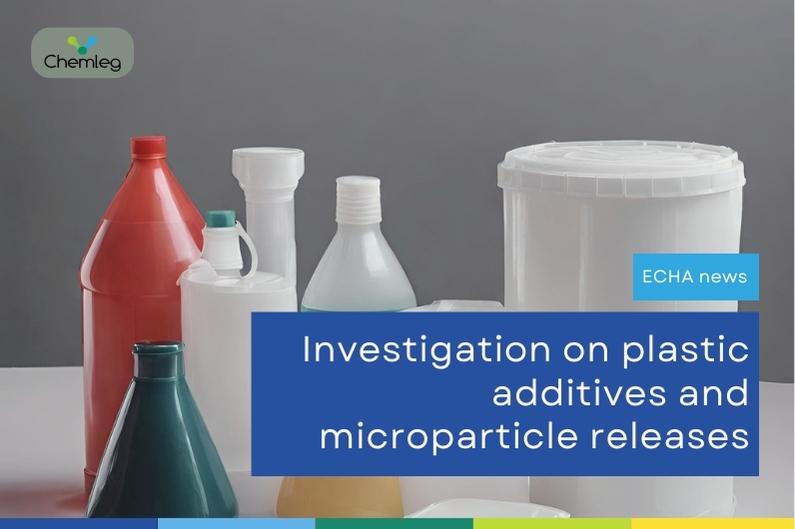
ECHA: An Investigation on PVC Additives and Microparticle Releases
ECHA is conducting an investigation on PVC additives and microparticle releases
It is known that certain chemical substances added to polyvinyl chloride (PVC) plastic can pose a risk to human and environmental health. To mitigate these risks, the use of these additives should be restricted, and PVC microparticle emissions should be minimized.
The European Commission has requested ECHA to conduct a study on this matter. In response, ECHA has gathered information on the potential risks of PVC additives and PVC on the environment and human health. ECHA have also evaluated possible alternatives and examined the effects of potential risk management measures.
The research conducted focuses on sixty-three PVC additives. The findings suggest the need for regulatory measures to minimise risks associated with certain plasticizers harmful to reproductive Health; to minimise risks from heat stabilising organotin like DOTE that can cause developmental malformations and reproductive harm; to reduce flame retardant emissions; and to implement and improve technologies for reducing PVC microparticle emissions in recycling facilities and landfills.
ECHA indicates that the current working conditions and safety measures of companies adequately control the risks posed by PVC resins to employees and the environment. However, this conclusion has prompted an analysis of materials used in PVC resins, the production process, waste disposal, and exposure to PVC dust.
The results of ECHA's assessment have been submitted to the European Commission, and a decision will be made on the necessity of formally proposing a REACH restriction in this context after evaluating the examination.
This article was originated from ECHA.
